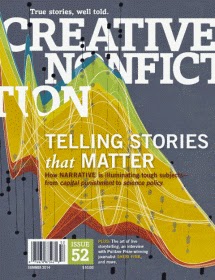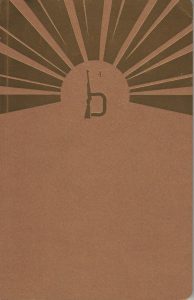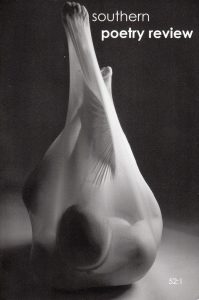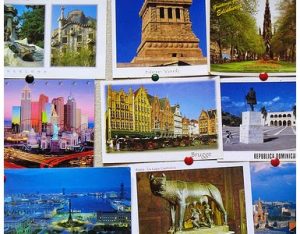Live Storytelling is Booming
Paula Carter writes that, “live nonfiction storytelling is hitting a nerve. Audiences are showing up all over the country, and even more are listening online, looking to enjoy some real-life struggle vicariously—or, for that matter, to tell their ow personal stories. As the scene continues to grow, it is becoming clear that this is a golden age of storytelling, and it is something to relish—maybe even to love.” This is part of her contribution to a section in the current issue of Creative Nonfiction called “Under the Umbrella: Getting Intimate with a Crowd of Strangers.”
Creative nonfiction doesn’t have to just be on paper. Carter explains it this way: “Like the narrative nonfiction essay, live stories reveal the truths of who we are. They air the unspoken, make fun of idiosyncrasies, and demonstrate our common humanity. Unlike at a comedy show, or even a theater production, audiences are asked to connect directly with the person on stage. Spectators fail and fall in love and overcome obstacles along with the storytellers. We see ourselves in the stories. We’ve been there.”
In the next section, Graham Shelby takes us on stage with him as he goes through the experience of performing at The Players, The Moth Mainstage: “My story will be recorded and maybe someday broadcast to the roughly one million weekly listeners of The Moth Radio Hour,” he writes. Shelby tells us that there is something very rewarding with this type of nonfiction:
“I love writing. I do. But it can be isolating. When we’re writing in our rooms, it’s easy for our eventual readers, unknown in name or number, to remain abstract. So easy to focus on what we want, rather than what they need. Live storytelling never lets you forget about the audience. The form offers one more gift, as I see it, one that springs from the very aspects of storytelling that sometimes keeps writers away: it’s public, it’s interactive, and you have to go somewhere to do it. Sometimes, if you’re lucky, that means you leave the house with one story, but you come home with two.”
Both pieces are insightful and great reads. Editor Lee Gutkind writes in his opening note, “Storytelling is our oldest, most powerful art form; we use it to entertain, to inform, and to inspire. A good story can change the world. That is what his issue is all about.”





